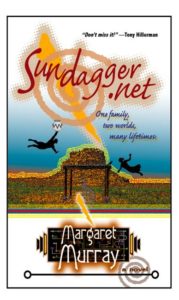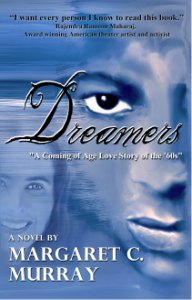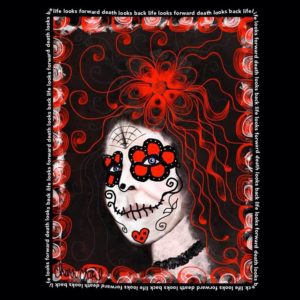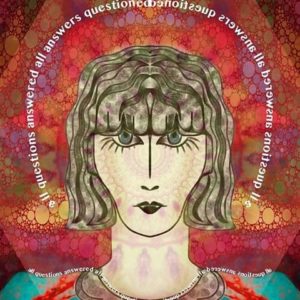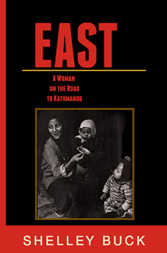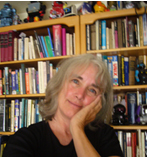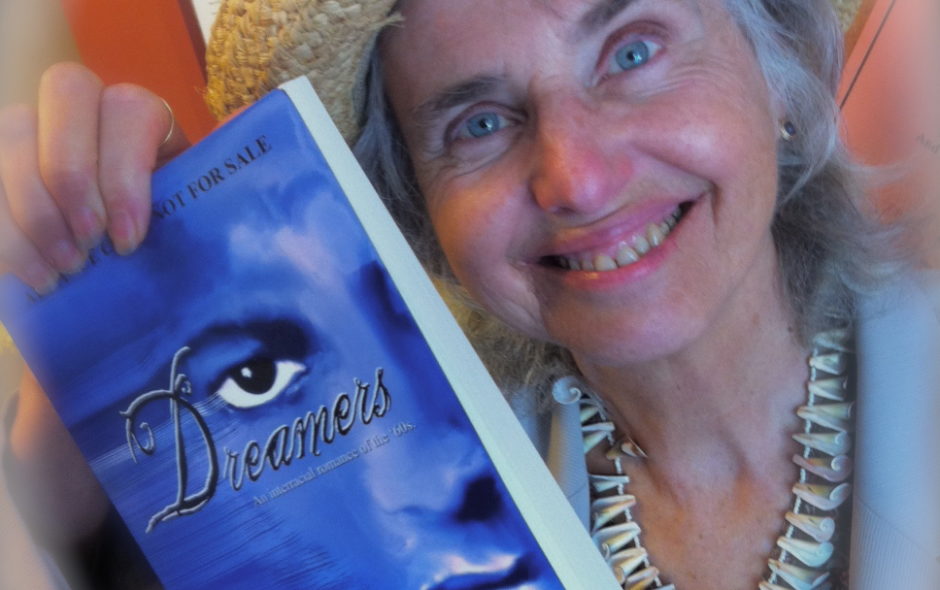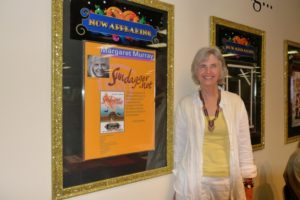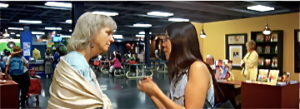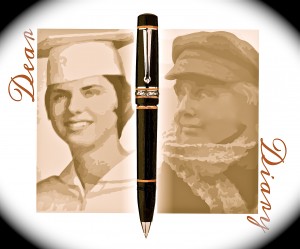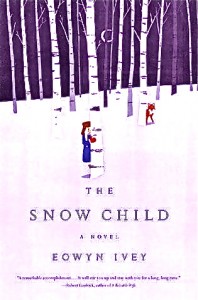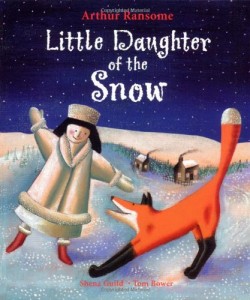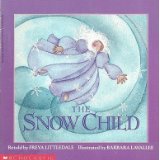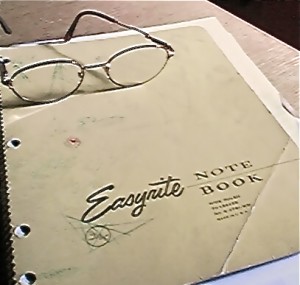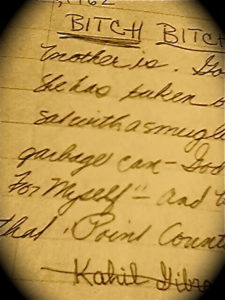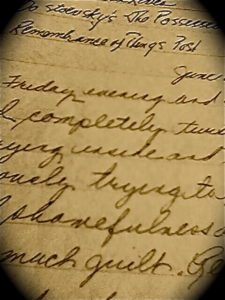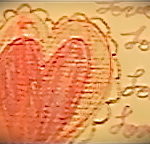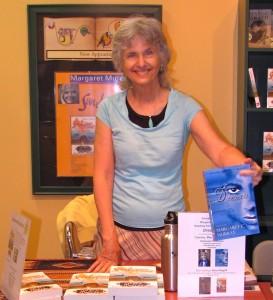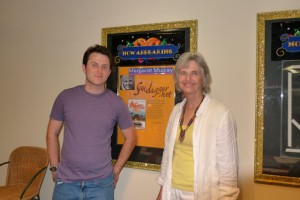
Recently my eldest son and music artist Chris Goslow and I talked about putting together a special gift bundle that is truly “all in the family.” We decided to offer a book/album package at a big savings. For a limited time, you can purchase and enjoy my books, Sundagger.net and Dreamers, along with Chris’ albums, Waterfall and I Love You .
Click HERE to see more about the mother & son bundle.
In the short interview below, you can see how Chris and I share much in common creatively and are able to work well together.
1. What does this mother-son bundle mean to you?
Margaret: From as far back as I can remember, I have been writing away at my novels and my son has been playing music. The idea of presenting my fiction and my son’s music together in a fun way is just delightful, even magical.
Chris: Personally, it’s very satisfying for me to support my mom’s creative accomplishments while sharing my own.
Margaret: Three years ago Chris and I offered a Holiday Mother-Son Bundle for the first time, and I loved that experience. I was living up North in Sonoma County and would take the inscribed book and CD packages to a rural post office in Graton, CA driving along beside the apple orchards and vineyards in the green, winter mist. It was so fulfilling to me; I felt one with nature, the season, and my writing life. Back then we each had only one product, but now we both are offering two artistic works–four altogether. That’s a real achievement!
2. Talk about your working relationship with each other. Do you often help each other when it comes to creative projects, and if so, how?
Chris: I remember being in grade school and hearing my mom talk about wanting to publish her books. I also had my own creative dreams, so for both reasons it was an especially important issue to me. Our creative paths have had a lot of parallels, even though obviously I have been focused on music, and she has been focused on writing. Then again, I also am a writer, and she loves music. In fact, the main character in Dreamers is also a musician.
Margaret: Yes, I made Annie in Dreamers the violinist I wished I was when I was taking violin in grade school! As for how Chris and I work together, this year we started having a Monday work meeting via Skype. As usual with most of our collaborations, Chris came up with the idea. The original objective was to discuss our two different teaching careers since we are also both teachers, but we ended up talking about all the parts of our writing and music lives. For example, I’m typing my answers to this interview Q&A today during our Monday Morning Skype Meeting while at the same time talking and seeing Chris on my computer screen! Isn’t that magical!
3. Do you find it surprising that you are both artists? And did you always know you could work together this well?
Chris: It’s not surprising. It’s just part of my life, always has been. I always felt an affinity with my mom and a closeness with her as well as a desire to help her be happy. So the seeds of our working together go back a long way.
Margaret: No, it’s not surprising to me that Chris and I are both artists. The surprising part–the amazing part– is how necessary, how life-changing Chris is to my writing life, and how much a difference he makes. Sharing my writing life with him a practice I don’t want to ever stop. Honestly, it’s astonishing to experience how all my children work together with me and each other. Chris’ brother, Jonas, is a performing artist too as well as a consummate web designer. Jonas designed this website as well as my Sundagger.net website. Their older sister is a singer and teacher; Annemarie, with her eagle reader’s eye, was my first copy editor.
4. It’s clear that family is important to both of you. How does family influence your creativity? For example, do you write about your family, are any of your stories (or songs) based family experiences?
Chris: Family influences a lot of my art over the last few years. In fact, my entire I Love You album came about from songs I wrote for my wife, Charr Crail, or about our relationship. Even my first album Waterfall included mostly piano pieces I originally wrote the first year I met my wife, specifically after she asked me for music that she could use with photography slideshows she was making. So in a sense, both albums are an outgrowth of our relationship.
Margaret: Pretty much all my life I thought I would never write about my family because they were just too ordinary! Maybe that’s why I was so attracted to the ancient Anasazi of the Southwest, the characters in the “old world story” of Sundagger.net. But still I definitely drew from my own experience, using my own family as building blocks. And clearly, Dreamers is laid out against the backdrop of my life growing up in Pittsburgh, PA during the upheaval of the Civil Rights era. I stood on all the street corners the main characters, Thomas and Annie, did. Each contains a description, a voice, or an attitude of my own memories of my family, friends and lovers. Even the dog, Lucky, is based on my sister’s dog! All the music mentioned in Dreamers are pieces I played or loved myself.
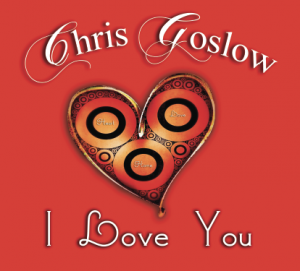
Buy Our Bundle!

